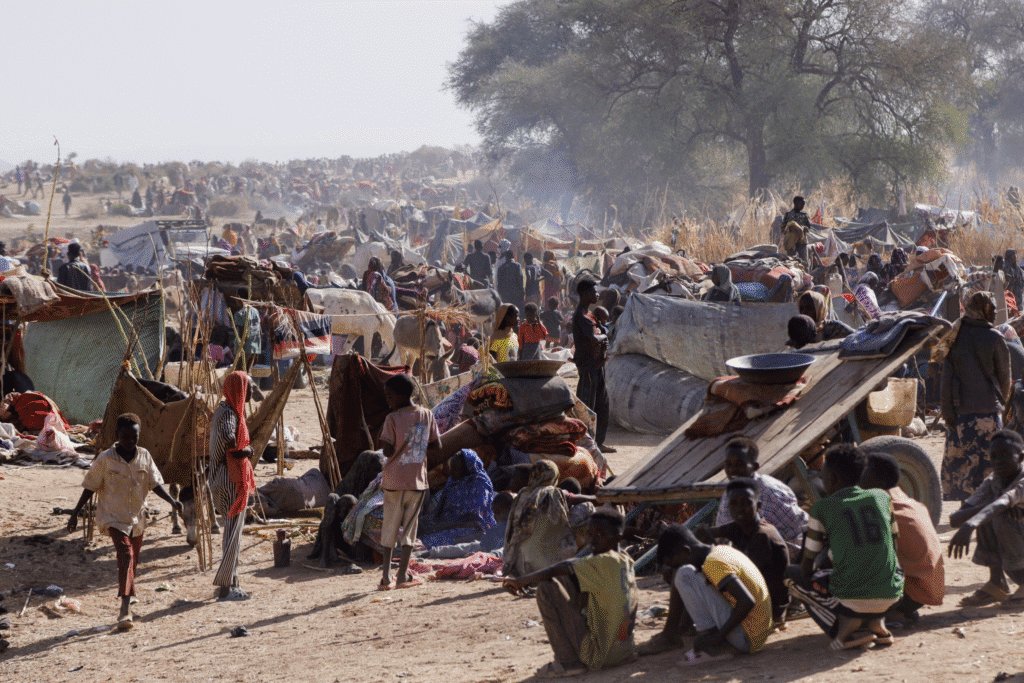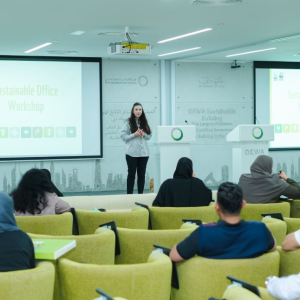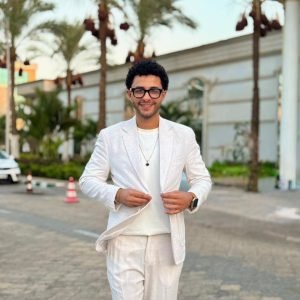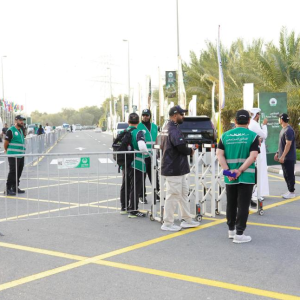An alarming pattern has emerged in the ongoing war in Sudan: the transfer of weaponry that is intensifying violence and undermining peace efforts. While the conflict between the Sudanese Armed Forces (SAF) and the Rapid Support Forces (RSF) began in April 2023, regional and international actors are increasingly implicated in prolonging the chaos. At the centre of growing scrutiny is the role of the United Arab Emirates (UAE), accused of re‑exporting arms that end up in Sudan, mainly in RSF hands.
The conflict and arms flows
The war in Sudan pits the SAF against the RSF, a paramilitary offshoot that evolved from the infamous Janjaweed militias in Darfur. The RSF has been widely accused of grave human‑rights violations including mass killings, sexual violence, and targeting of civilians — acts that evidence links directly to the influx of foreign arms.
Amnesty International’s investigations show that despite existing arms embargoes on Sudan, newly manufactured weapons from Russia, China, Turkey, and the UAE continue to arrive. l One detailed report noted that the UAE has facilitated transfers of weapons originally purchased for itself, but then diverted to Sudanese militias via neighbouring countries.

The UAE’s role in re‑exporting

The UAE officially buys arms from global manufacturers, but multiple investigations trace onward transfers (re‑exports) of these weapons into Sudanese conflict zones. For example:
- Vehicles and small arms sold to the UAE were later found in the hands of the RSF in Sudan.
- Chinese‑made drones and Bulgarian ammunition appear to have passed through UAE‑linked firms, onward to the RSF via Libya or Chad.
- Despite claims of compliance, the pattern suggests weak end‑use monitoring: weapons sold to the UAE are used by parties under embargo in Sudan.
Violation of international law and embargoes
International arms‑transfer rules are clear: states must prevent weapons they export from being diverted to actors who commit human rights or humanitarian law violations. The UN has maintained an arms embargo on non‑state actors in Darfur since 2004, yet evidence suggests violations persist.

Additional findings:
- British‑made military parts, originally licensed for export to the UAE, were documented in RSF‑controlled areas of Sudan.
- Reports show that UAE‑manufactured armoured personnel carriers (APCs) equipped with European defence systems were used by the RSF in Darfur, in apparent breach of the embargo.
Strategic motivations behind the transfers
Why is the UAE involved? Multiple analysts point to economic and strategic interests:
- Sudan is rich in gold and other mineral resources; the RSF controls large swathes of territory with mining wealth. The UAE has deep commercial ties to Sudan, especially in gold trade and Red Sea port projects.
- Supplying the RSF or enabling its capability allows to maintain influence in Sudanese politics, infrastructure projects, and regional trade.
- The re‑export model shields from direct responsibility, as weapons bought legitimately are passed on, complicating accountability.
Humanitarian consequences

The result is devastating:
- The protracted nature of the war means civilians continue to bear the brunt mass displacement, famine risk, and ruined infrastructure.
- The RSF, empowered by heavy equipment and drones, has had a tactical edge, enabling sweeps and attacks in regions like Darfur and Kordofan.
- Re‑exported arms muddy peace negotiations, since war‑fighting capability remains strong and the conflict becomes harder to end.
International response and accountability
There are growing calls for action:
- In the United States, lawmakers introduced resolutions to block arms sales to the UAE given evidence of diversion risk.
- Rights groups continue to demand that exporters and re‑exporters be held to their end‑use obligations and that stricter monitoring be enforced.
- A landmark case: International Court of Justice (ICJ) dismissed a suit by Sudan against the alleging genocide support, citing lack of jurisdiction a legal victory for the UAE but raising questions about international accountability.
Recent court‑ruling on Sudan‑UAE genocide case
What comes next?
The continuing availability of arms and their diversion into Sudan’s conflict suggest that without major policy shifts, the war may drag on. Key steps to consider:
- Arms‑exporting countries must tighten controls and enforce robust end‑use monitoring, especially when exporting to states involved in conflict zones.
- The UAE needs to address the diversion risk in its imported arms and ensure they are not re‑exported into embargoed areas.
- The international community must strengthen enforcement of embargoes and consider sanctions when violations occur.
- Sudanese peace efforts should factor in the arms‑supply networks and address external support structures, not just internal power dynamics.
In summary, though the conflict in Sudan has many internal drivers, the role of external actors like the UAE in re‑exporting arms cannot be ignored. These transfers complicate peace prospects, prolong suffering, and invite scrutiny of global arms‑trade norms. As the stakes rise, accountability and transparency have never been more essential.
Do follow UAE Stories on Instagram
Read More:- UAE Renewable Energy: Leading the World in Sustainability













